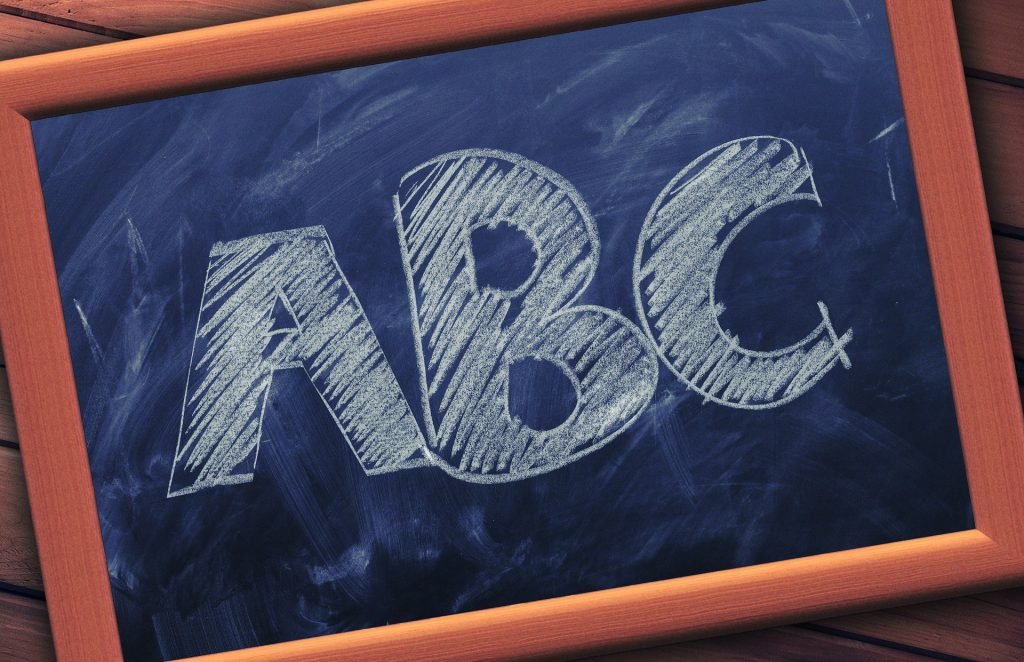
As a business owner, do you understand the difference between an independent contractor and an employee? You may be saying to yourself- “The individual is getting paid. What difference does it make how they are classified? Does it really matter?” The answer is YES! It absolutely matters.
So …. why does it matter?
It matters because your business is your dream and your passion. You’ve committed endless hours and resources into fulfilling this dream. And you want to do things right.
Classifying an individual correctly will help protect your business and save you from unnecessary legal and financial expenses. This knowledge and understanding are critical in protecting your business.
So … how do you know if you have classified someone correctly?
Well- it depends! and the answer can be tricky. I know, I know. Not exactly the answer you wanted to hear. But it truly depends on who you are asking.
The Internal Revenue Service, Department of Labor and state agencies regulate independent contractors, and may each look at them differently. In fact, the courts also aren’t always in agreement!
Classifying an individual correctly will determine HOW the person is paid. As an employer, you are required to withhold income taxes, withhold and pay Social Security and Medicare taxes, and pay unemployment tax on wages paid to an employee. Payments made to independent contractors generally do not require business owners to withhold or pay taxes on these amounts. Classification as an employee or an independent contractor also plays a role in determining if an injury or accident is classified as falling under worker’s compensation or even if someone is eligible for unemployment payments.
I know that this may sound overwhelming. But pause for a moment and take a deep breath. You don’t have to worry alone.
Today you are being provided with resources and take-aways to help ease your mind. Following the Control Test will give you the confidence and reassurance that you are classifying individuals correctly.

The Difference between an Employee and Independent Contractor
There are three areas of control that need to be considered when classifying an individual as an employee or independent contractor.
Behavior Control
- Independent contractors have the ability to choose when and where they work. They may be given a deadline as agreed upon within a contract as to when work needs to be completed by. However, controlling the location of where they complete work or the specific hours work is to be completed in puts you at risk of misclassifying the individual.
- You hire an independent contractor because they already know how to do the job and you do not need to invest time or resources training them. Independent contractors are responsible for maintaining their skillset and professional development on their own time with their own financial commitment.
- Independent contractors have the autonomy to choose their own jobs. They may be working for several organizations at the same time and have the ability to hire others to complete the contracted work for your business. You pay them for a result or service they have promised you. For example, let’s take a look at photographers. You pay them for the pictures they promise you. They choose their own jobs, hours, and where they choose to work from. Their income is generated based on the results they provide, consumer demand, and the number of clients they choose to take on. They have the autonomy to decide if they would like to accept or decline a request for services.
Financial Control
- Independent contractors will use their own equipment to complete the assignment. Using the above example, the photographer will provide their own camera, props, assistants, lighting sources, and editing equipment.
- Independent contractors are paid for results and earn their income based on the contracts they enter into. They may be paid at predetermined times as specified within the contract. The independent contractor takes on all financial risks of their business expenses. This includes clerical, software, equipment and travel that may be needed to complete the assignment. They are responsible for their income for they risk not being paid if the results are not produced as the contract specifies.
- Independent contractors are running a stand-alone business and have their own Employee Identification Number (EIN). They are responsible for carrying and paying for their own workers compensation insurance as well as for marketing their services to the general public.
Relationship Control
- Independent contractors are typically meant to complete a short-term need. These assignments are usually less than six months and are based on results, not time worked. Be careful. Requesting independent contractors to provide regular updates or reports may shift the relationship to that of an employee.
- The relationship with an independent contractor is ended once the contract is complete. An independent contract how quits before the assignment is complete may be at risk of a breach of contract lawsuit. Firing an independent contractor may also put you at risk of a breach of contract lawsuit.
- Independent contractors typically do not perform work that is necessary for the primary and essential functions of the business. If independent contractors are performing this work and if 51% or more of your workforce are classified as independent contractors, you may be at risk of misclassification.

The ABC Test
Still unsure if you are classifying correctly and looking for a little more reassurance? Currently, several states, such as California, Massachusetts and New Jersey are adopting the ABC Test. The adoption of this test is also on the rise in other states. The ABC test is a three-part checklist in which business owners must be able to answer ‘yes’ to each bullet point to classify the individual as an independent contractor.
- The worker is free from control and direction of the hiring business as it relates to the performance of the work, both under the contract for the performance of the work AND in fact;
- the work being performed is outside the usual course of the hiring business services; AND
- the worker is customarily engaged in an independently established trade, occupation, or business of the same nature as the work performed.
Final Thoughts
Classifying individuals correctly as an employee or independent contractor is an important piece of business management. Although the task may seem daunting, you now have the tools you need to confidently evaluate your working relationships. By focusing on the behavior, financial, and relationship control, you’ll be able to sleep better at night knowing you’re in compliance.


